3rd Technology and Society in Africa Conference
Date: 21-22 October 2024
Venue: Johannesburg Business School, 69 Kingsway Ave, Auckland Park, Johannesburg, 2092.
Register: https://docs.google.com/forms/d/e/1FAIpQLSfWvRMthpfKneVifCGlkE1qS94406fMWxkadBFRiLaeRN5nxQ/viewform
Description: The 2nd The University of Johannesburg (UJ) cordially invites you to the “3rd Technology and Society in Africa Conference” to be hosted on the 21-22 October 2024, at the Johannesburg Business School (JHB), Gauteng, South Africa. The theme for this year is Transformation and Impact.
Hosted by The Institute for Pan-African Thought and Conversation, Center for Data Ethics (CDE), Johannesburg Institute for Advanced Study (JIAS), Johannesburg Business School, DSI/NRF/Newton Fund Trilateral Chair in Transformative Innovation, 4IR and Sustainable Development, Institute for Intelligent Systems (IIS), and the 4IR Digital Policy and Research Unit (4DPRU).
Digital technologies such as artificial intelligence, robotics, machine learning, the Internet of Things are expected to offer Africa new opportunities. For instance, they are to lead to expanded access to information and therefore empowerment of all including the poor. The optimistic view expects if well governed and harnessed these technologies to increase interconnections among societies, communities, and classes of people, and enable a greater distribution of value in society. Greater access to mobile banking and trading apps is to increase financial wisdom. E-health care like e-learning platforms is expected to improve inclusion and equity. The boom in the digital industry is linked to new jobs and tech start-ups. Exactly what is the is the nature, character and form of this transformation and how it is impacting livelihoods and resilience, growth and development, knowledge and science in Africa remains uncertain and requires further research analysis and debate. Such research and debate should go beyond disciplinary boxes and address pertinent concerns for African societies, be it in education or health, skills development or food production, climate governance or democracy building, transport logistics or human settlement, city planning or forestry.
For enquiries contact Ms. Nompumelelo Ndawonde at nndawonde@uj.ac.za
The University of Johannesburg encourages academic debate and discussion that are conducted in a manner that upholds respectful interaction, safety of all involved, and freedom of association as enshrined in the law, the Constitution, and within the boundaries of the University policies. The views expressed during events are expressed in a personal capacity and do not necessarily reflect the views of the University of Johannesburg

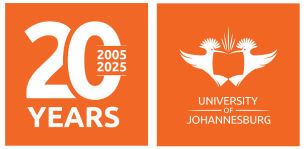


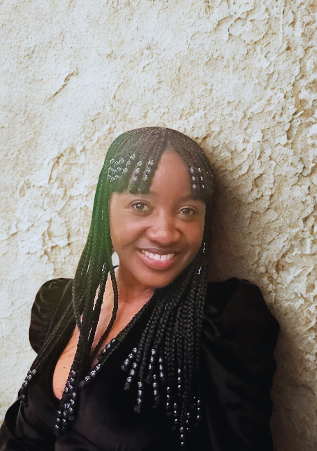
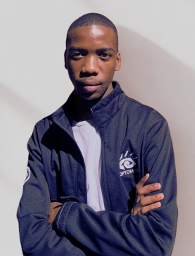



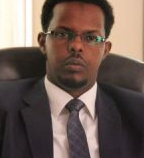
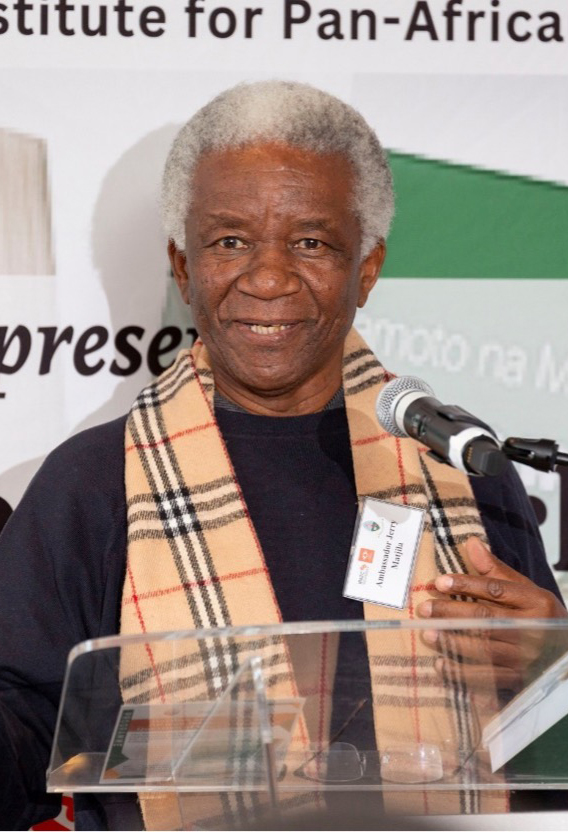
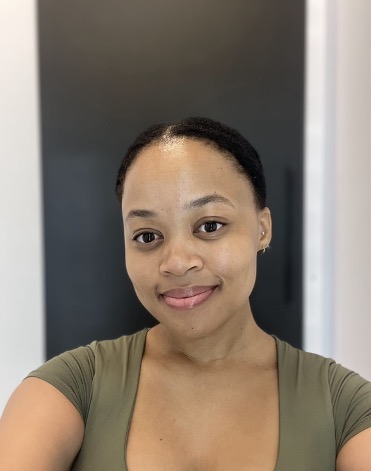
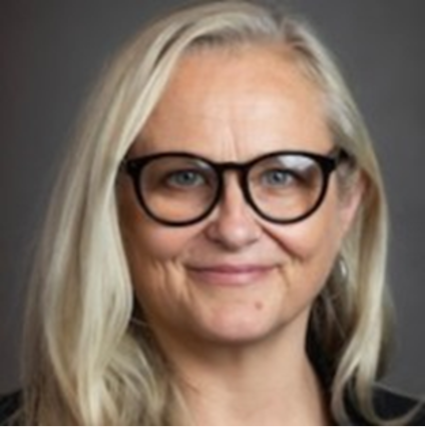
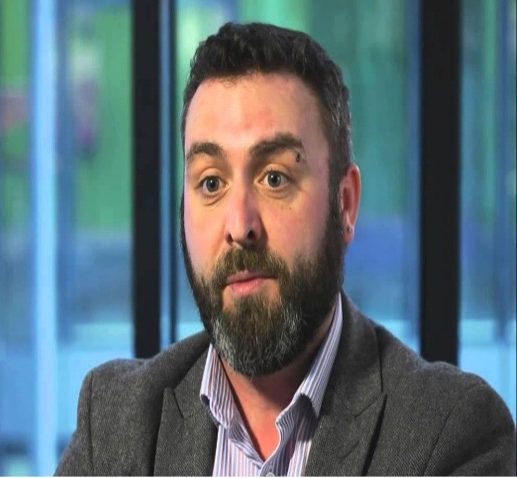
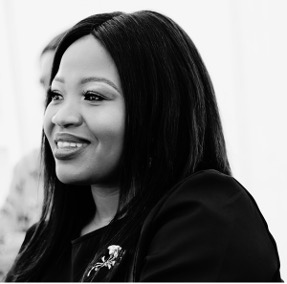
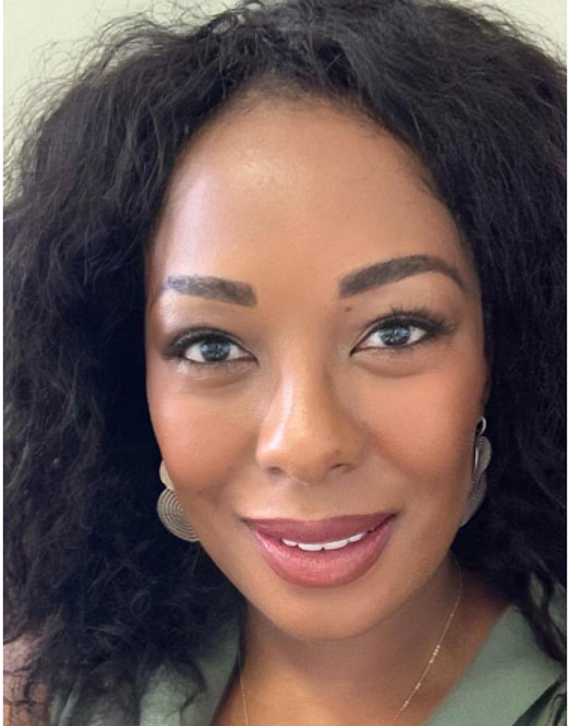

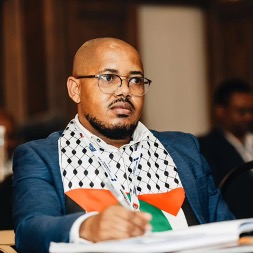
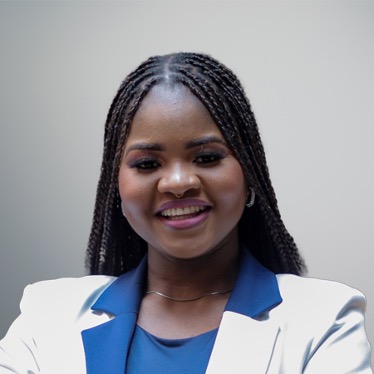
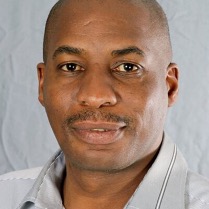
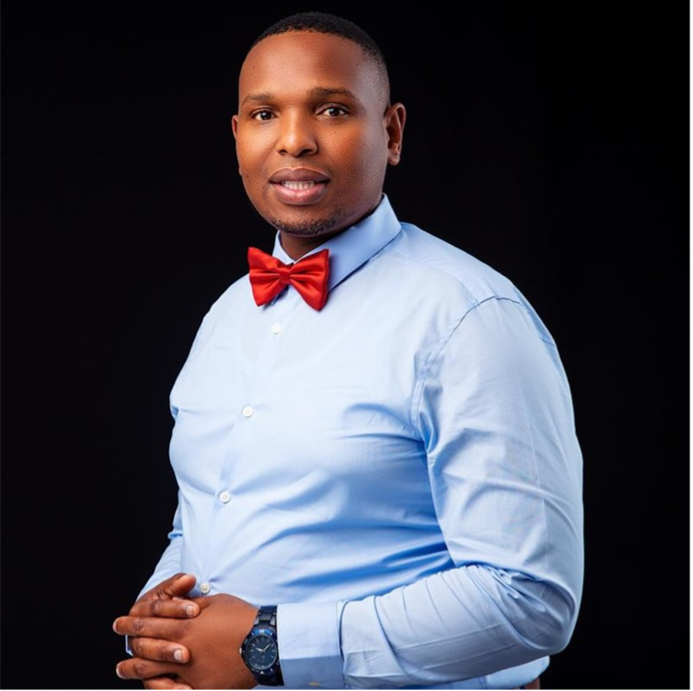
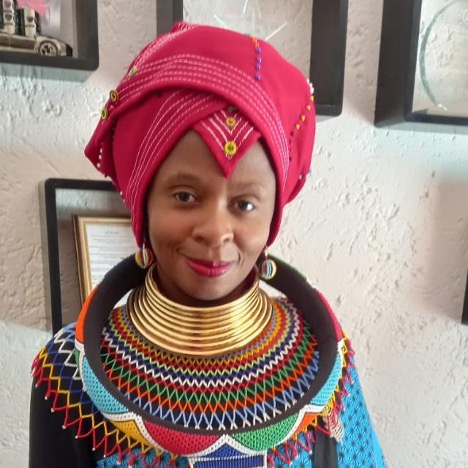
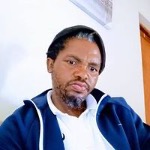

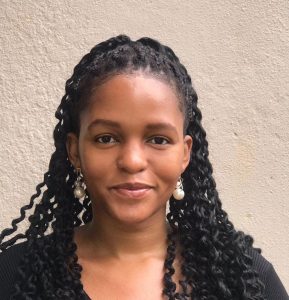
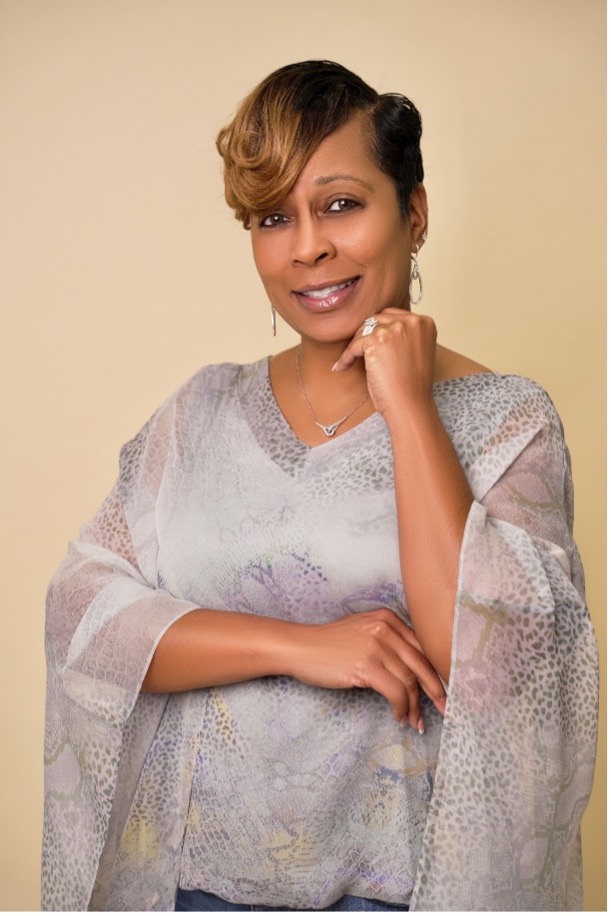
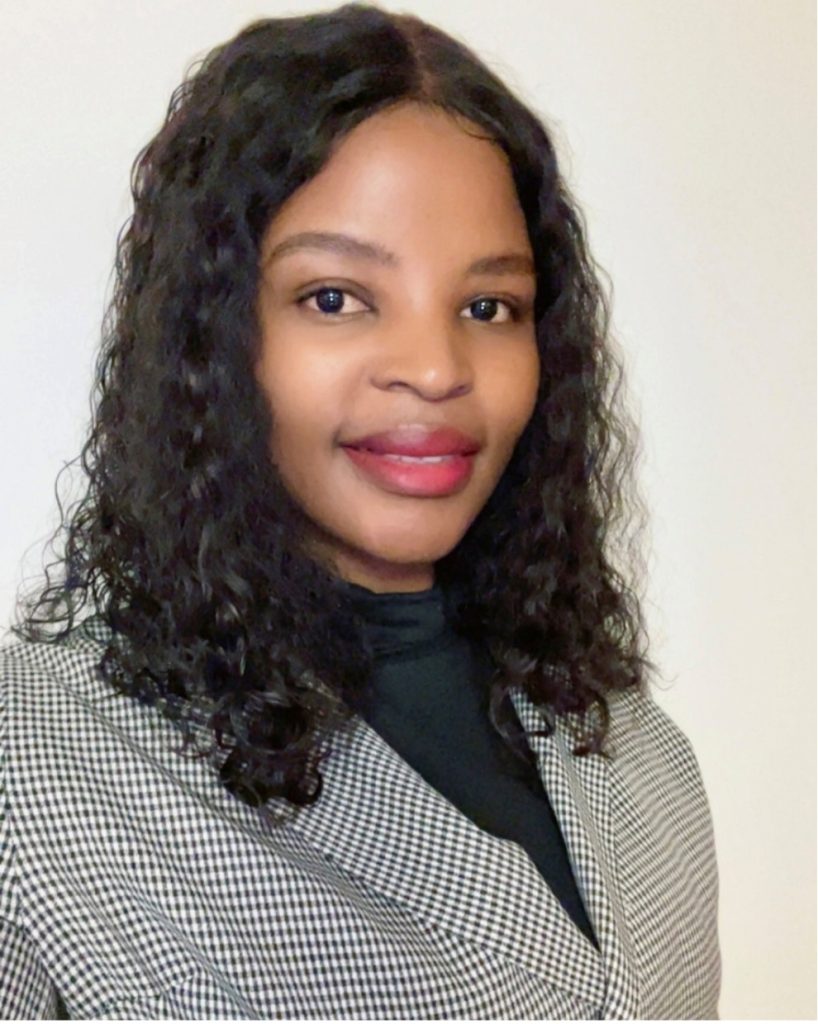
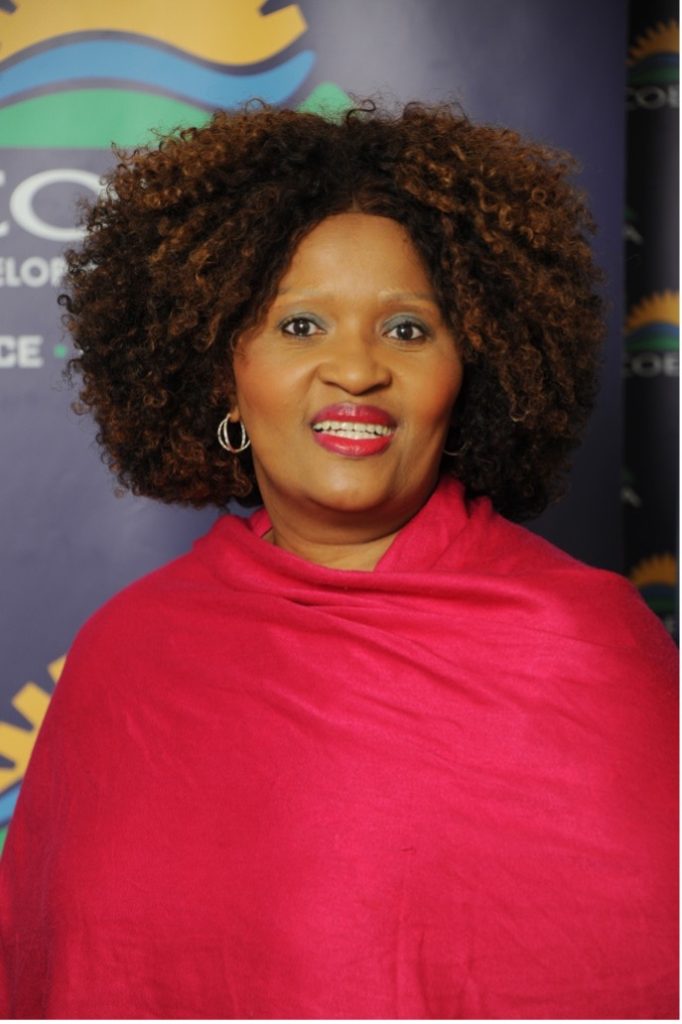





























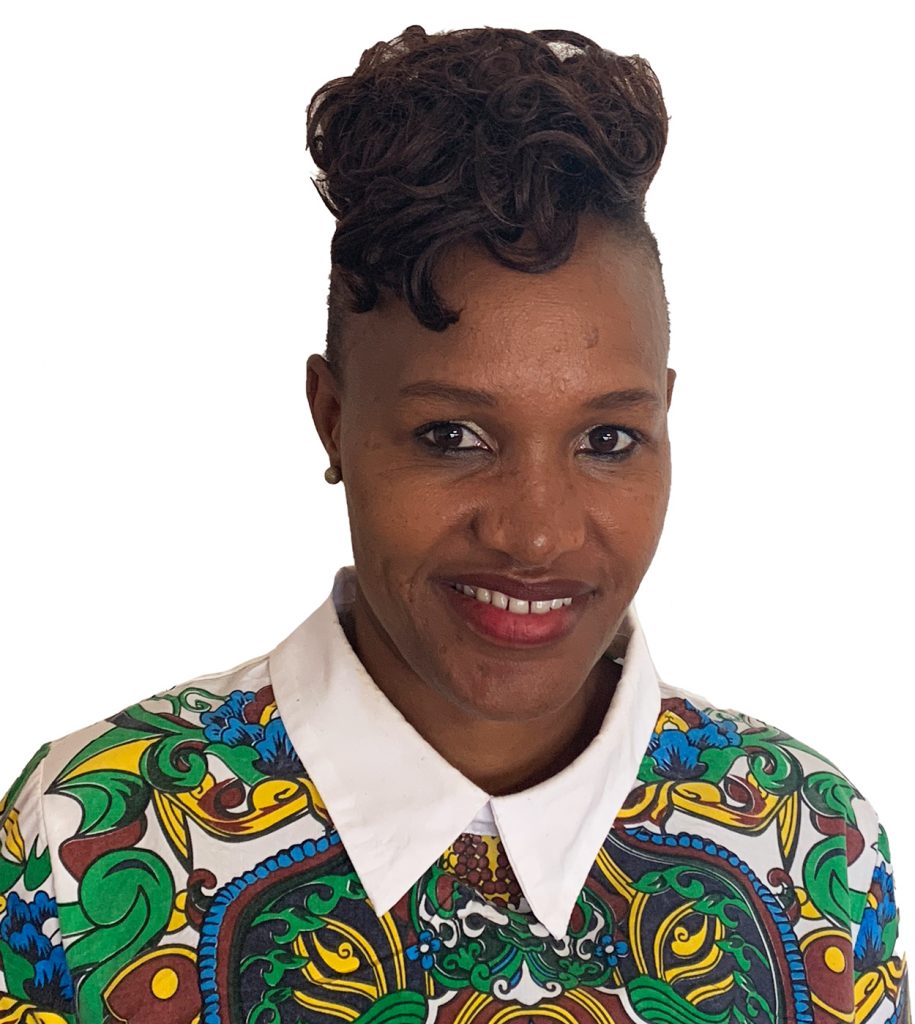

 Ms Zoliswa Ntsoko (South Africa) is the Institute’s Administrative Assistant who assists with general administration and research. She is a seasoned professional with a background in Disaster Management. She holds an Advanced Diploma in Management from Milpark Business School, and a Post Graduate Diploma in Public Management from Regenesys Business School. She also holds certificates in Project Management, and in Disaster Management. Previously, she has worked as a Disaster Management Specialist at the City of Johannesburg – Disaster Management Centre.
Ms Zoliswa Ntsoko (South Africa) is the Institute’s Administrative Assistant who assists with general administration and research. She is a seasoned professional with a background in Disaster Management. She holds an Advanced Diploma in Management from Milpark Business School, and a Post Graduate Diploma in Public Management from Regenesys Business School. She also holds certificates in Project Management, and in Disaster Management. Previously, she has worked as a Disaster Management Specialist at the City of Johannesburg – Disaster Management Centre. Ms Cecilia Lwiindi Nedziwe-Moyo is the Research Coordinator at the Institute for Pan-African Thought and Conversation. She previously served as a Regional Coordinator at the Centre for Peace Initiatives in Africa (CPIA) in Zimbabwe between 2007 and 2013. She completed her master’s degree in International Studies, Peace, and Conflict Resolution at the University of Queensland in Australia as a Rotary Peace Scholar. She has just completed her doctoral studies at Rhodes University. Her areas of interest include: gender, foreign policy, regional organisations and conflict resolution.
Ms Cecilia Lwiindi Nedziwe-Moyo is the Research Coordinator at the Institute for Pan-African Thought and Conversation. She previously served as a Regional Coordinator at the Centre for Peace Initiatives in Africa (CPIA) in Zimbabwe between 2007 and 2013. She completed her master’s degree in International Studies, Peace, and Conflict Resolution at the University of Queensland in Australia as a Rotary Peace Scholar. She has just completed her doctoral studies at Rhodes University. Her areas of interest include: gender, foreign policy, regional organisations and conflict resolution.



 Ms Thembeka Somtseu is a seasoned professional with a background in the textile and construction sectors. She holds a National Diploma in Business Administration from the Durban University of Technology, and studied Development Communication and Media Studies at the University of the Witwatersrand. She worked as a corporate communications specialist for more than ten years, serving in both local and multinational companies.
Ms Thembeka Somtseu is a seasoned professional with a background in the textile and construction sectors. She holds a National Diploma in Business Administration from the Durban University of Technology, and studied Development Communication and Media Studies at the University of the Witwatersrand. She worked as a corporate communications specialist for more than ten years, serving in both local and multinational companies.